AFUUG: Makes a Crop More Resilient to Drought
Afuug is a Somali word. Its meaning is somewhat difficult to translate into English. It refers to the acknowledgement by Somali farmers that they see a yield increase when they grow a crop – typically maize – in a field following a banana crop. The added fertility from the banana plant residue is what causes afuug. Ciid bacriman translates to ‘fertile soil’. Thus, the observed afuug is a result of ciid bacriman.
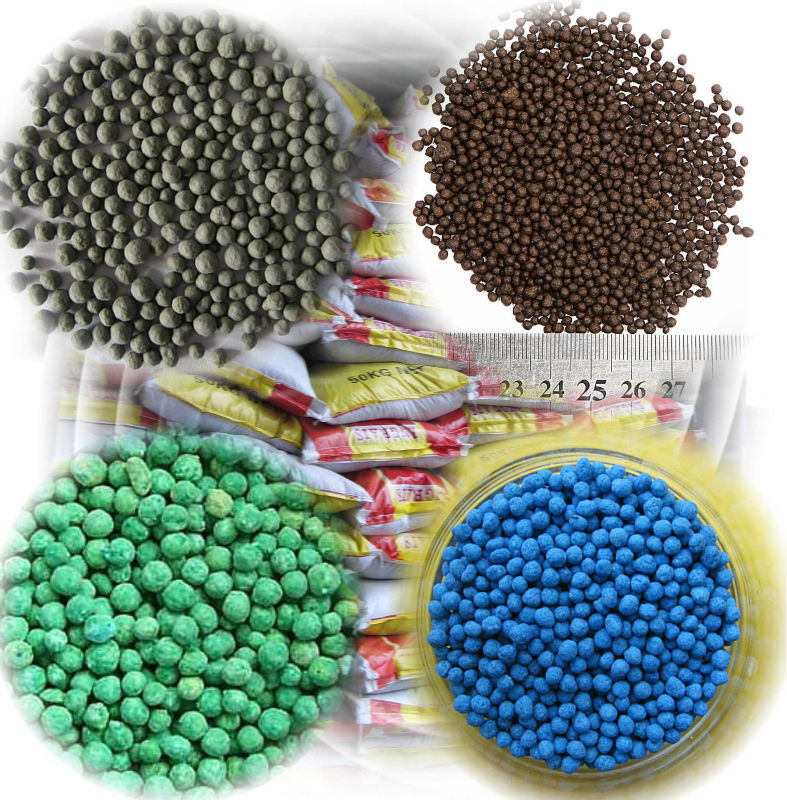
Fertile soils are soils that have ample crop nutrients in the soil for crop production. Without ample crop nutrients in the soil, crop yields will be reduced. The most important plant nutrients are nitrogen (N), phosphorus (P) and potassium (K), which plants obtain from the soil through their roots. Plants will grow bigger and yield more when these nutrients are present in soils in forms that plants can utilize.
Based on soil tests, many Somali soils don’t have enough plant-available N and P. This limits production of crops like maize and sorghum. Manure, as well as plant residue, breaks down to supply these nutrients to the soil. These nutrients are then available to the following crop.
In Somalia, however, most of the plant residue isn’t allowed to stay on the field and break down. Instead, it is fed to livestock. The manure from these animals is often not available in the right place and in large enough quantities to adequately supply the nutrients the following crops require for good growth and high yield.
Without an adequate supply of N, P, and K the crops simply will not produce a high yield.
Even more importantly, these nutrients – especially P – help young plants grow a more vigorous root system, allowing roots to explore more soil for more nutrients and more water. In this manner, adequate soil fertility enables plants to be more efficient in capturing water from the soil. In times of drought, a more fertile soil utilizes water more efficiently than a nutrient-poor soil.
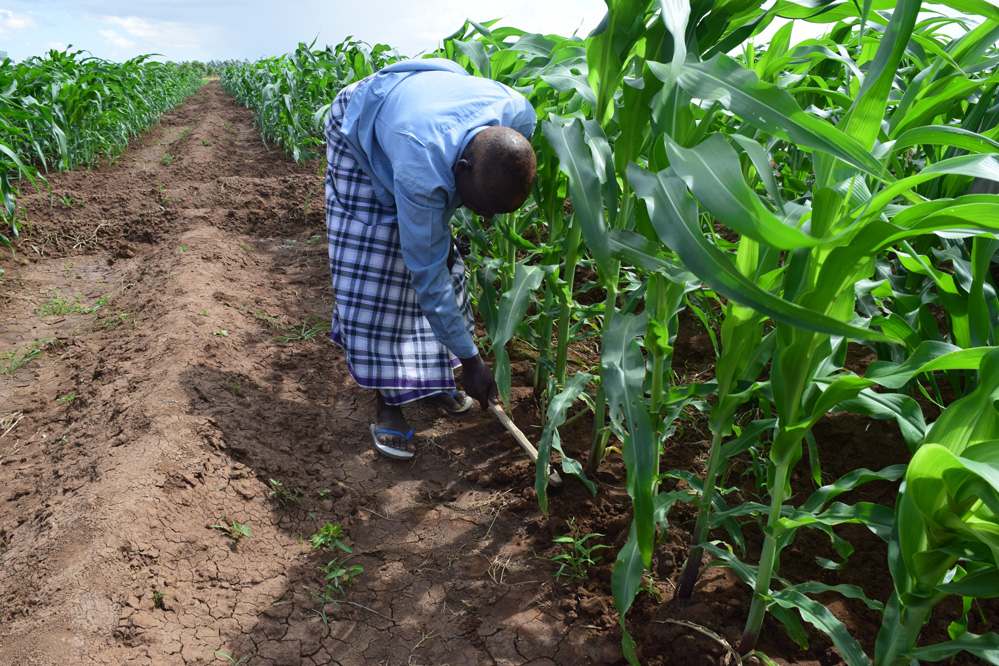
When a drought occurs during the growing season, it is known that a fertile soil will use the water available in a more efficient manner – meaning more production. Thus, the use of fertilizer gives the crop more resilience in times of drought.
Diammonium phosphate (DAP) is a fertilizer containing 18% N and 46% ‘P’. Research conducted in Somalia by SATG shows the yield benefit of applying DAP to the soil at the proper time, at the proper amount, and in the proper place. This can result in a substantial yield increase in maize and sorghum. The application of DAP results in an afuug situation in the soil – it helps produce ciid bacriman.
The use of fertilizer gives the crop more resilience in times of drought.
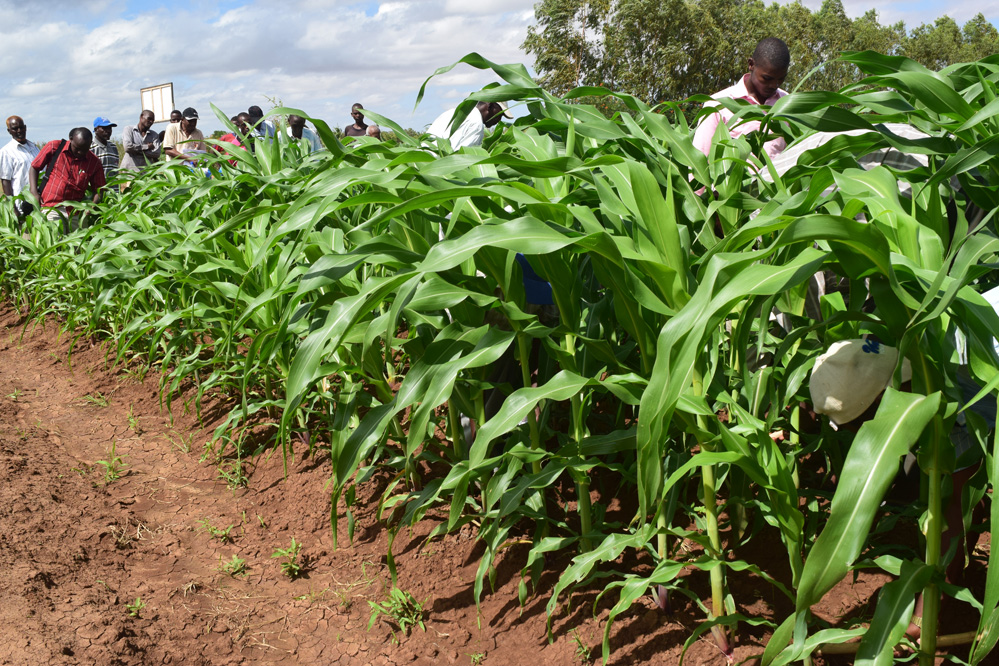
Of course, fertilizer by itself does not guarantee a more resilient crop. In addition to proper fertility, good agricultural practices, such as timely planting, appropriate seeding rate, using quality seed, and timely weeding, are needed to maximize crop production.
- Dr. Paul Porter
Other Related Topics
Rethinking Humanitarian Aid in Somalia: From Dependency to Sustainable Solutions
The Stop-Work-Order imposed by the Trump administration in January 2025 is a wakeup call to many developing countries including Somalia. Since the early sixties, the United States Agency for International Development (USAID) has been a significant contributor to...
USAID Stop-Work Order and Its Impact on SATG’s Agricultural Initiatives
The USAID Stop-Work Order has disrupted key agricultural initiatives in Somalia, including SATG’s involvement in the Inclusive Resilience in Somalia (IRiS) program. Despite significant progress in strengthening the agricultural sector, the halt to operations poses challenges. SATG remains committed to advancing sustainable development in Somalia’s agriculture and will continue to seek opportunities for growth and resilience.
Aragsan: A Game-Changing Mung Bean Variety for Somali Farmers
We are delighted to share a momentous development in the agricultural landscape of Somalia, particularly for farmers dedicated to the cultivation of Mung bean. In a collaborative effort between the Somali Agricultural Technology Group (SATG) and its affiliated...
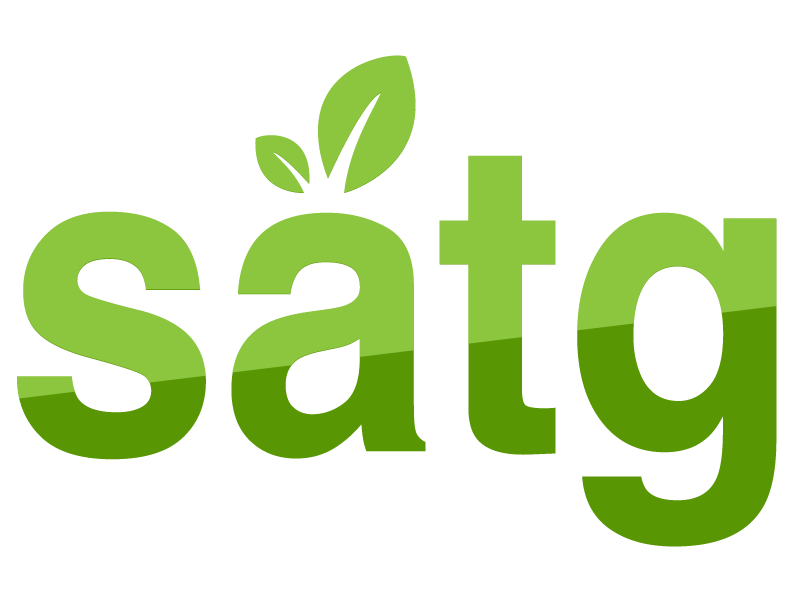
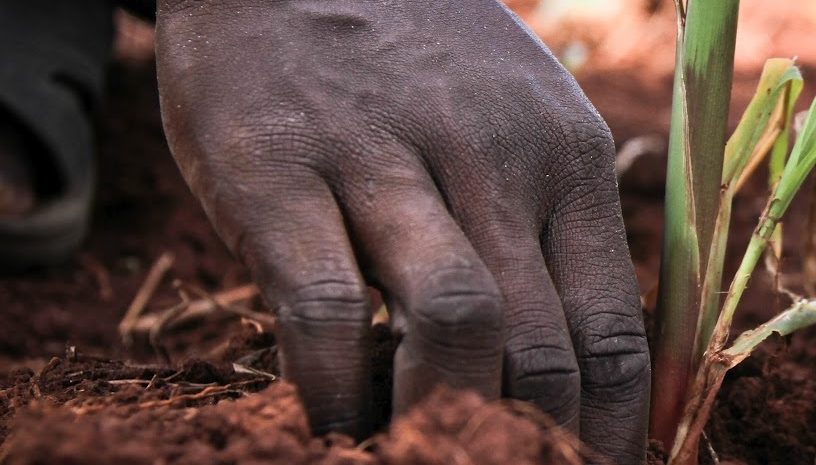
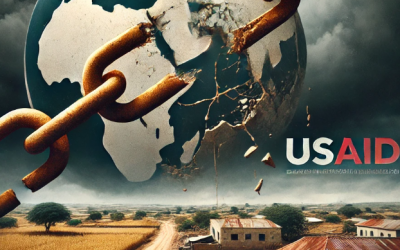

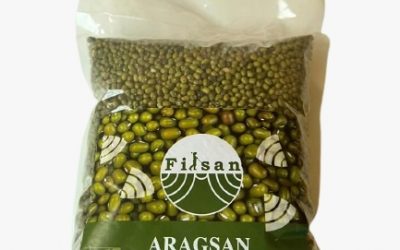
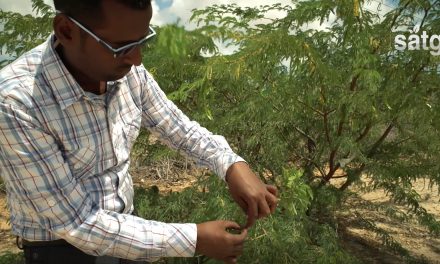
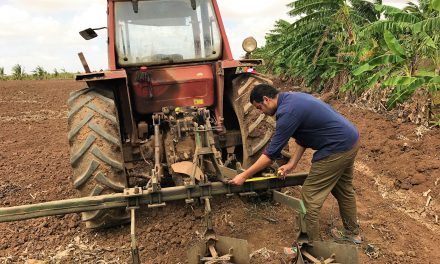
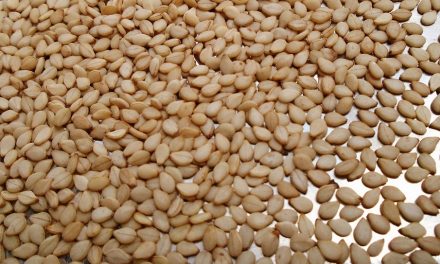
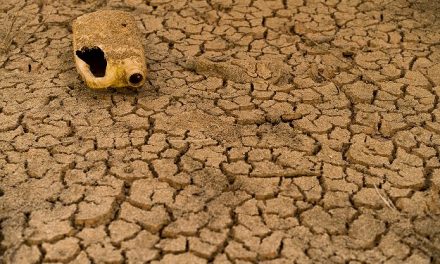
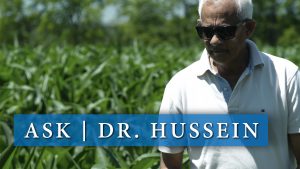
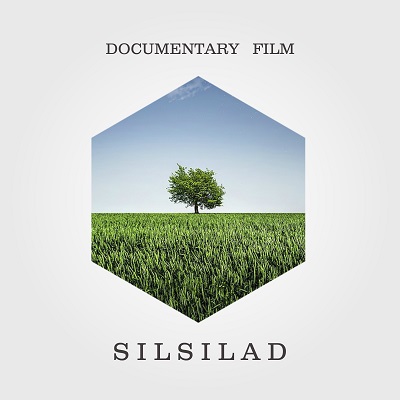

Mahad waxay u sugnaatay ALLE kadib bahda satg, madama ay ku dhex shaqeeyaan duruufta adag oo wadanka ka jirto, Mar labaad waad mahadsan tihiin bahda satg. Kaiya Waxaan rabaa in aan ku daro point yar, oo ah la dagaalanka drought( Qaleelka biyo). Aniga ka breeder ahaan Waxaa ila quman in aad sameysaan ” plant introduction from international agency of tropical crops ” midaana waxay niiga caawin doontaa in aad keentaan ” entry lines” Kadib aad ku beertaan meelo badan oo lagu beero dalagaas. Kadib aad ka doorataan kuwa ugu taxamulka badan . Koleey waa shaqo dheer oo hawl iyo time rabto LKN hadane waa xalka ugu haboon ee la dagaalanka “Drought” .
Marka waad mahadsan tihiin waxana tihiin bahda kaliya ee aan ku faano mar waliba. by AHMED ABDULKADIR/ plant breeder.
Walaal Ahmed,
Aad baad ugu mahadsan tahay talada iyo fariinta aat noosoo dirtay. Suggestion kaaga waxan u gudbinay team kena teachnical ka.
Thanks.
Afuug, a new farm-based somali terminology. why i am saying this, it means it is a new for me to hear this word. however, drought and inefecient water supply to growing crops is a major concern among somali farmers. so due to my knowledge depth in Agriculture, the best mechanism to cope with this problem is to harvest water when it rains and when the river excites with a huge water and floods and then water harvested should be conserved in manner way and water managment should be considered. another combine solution is to promote a soil with high organic mattter content by using Animal manures crop residues and mulches. as organic matter content increases, the WHC of the soil will be stimulated.